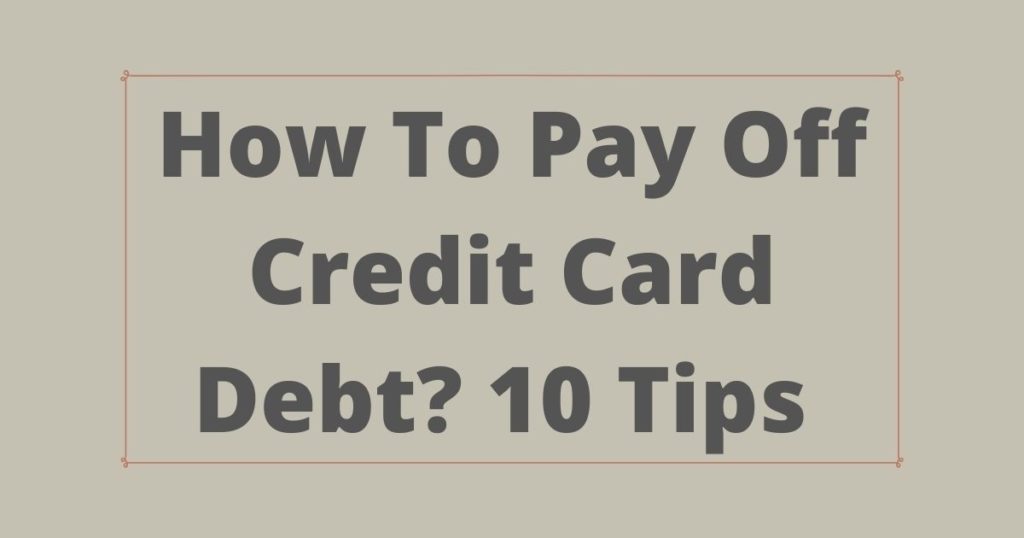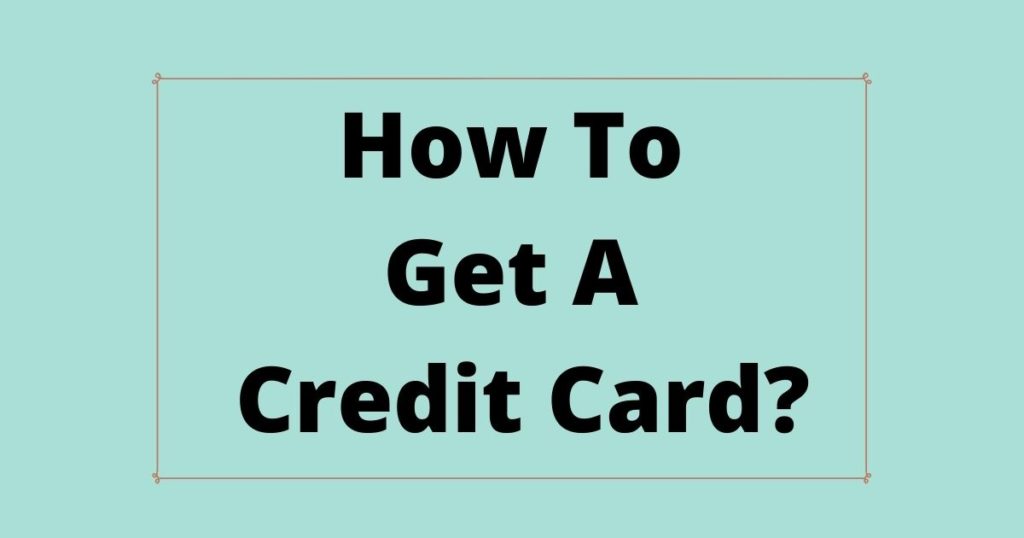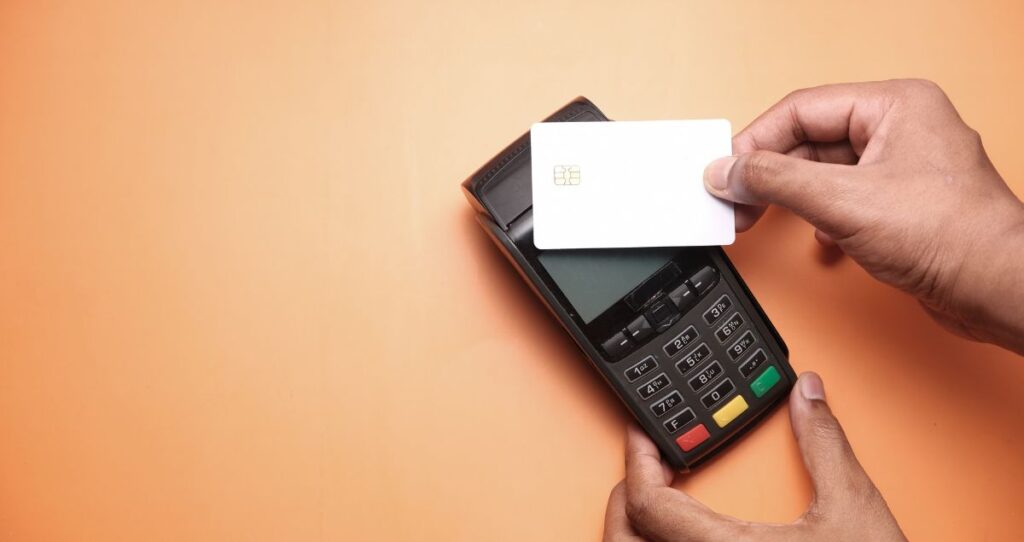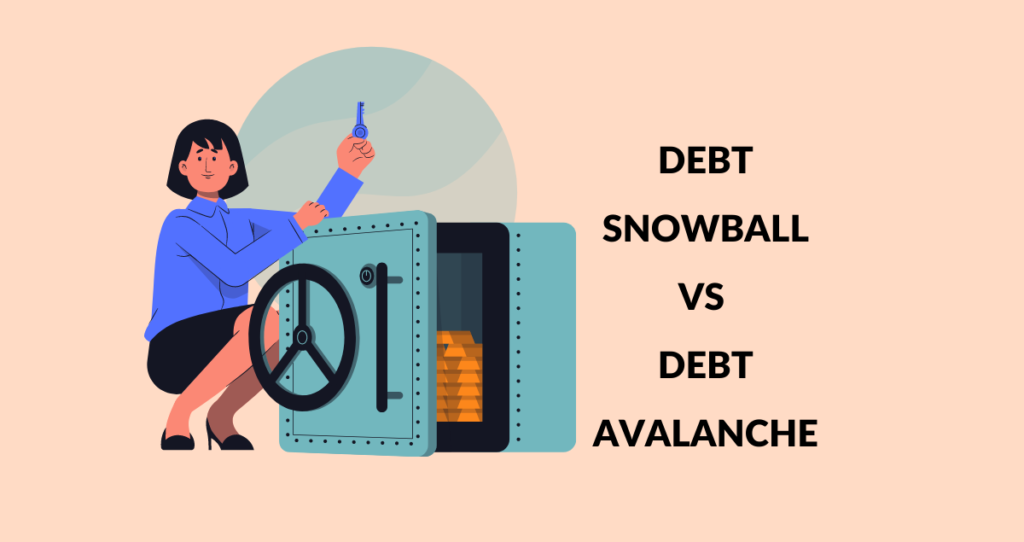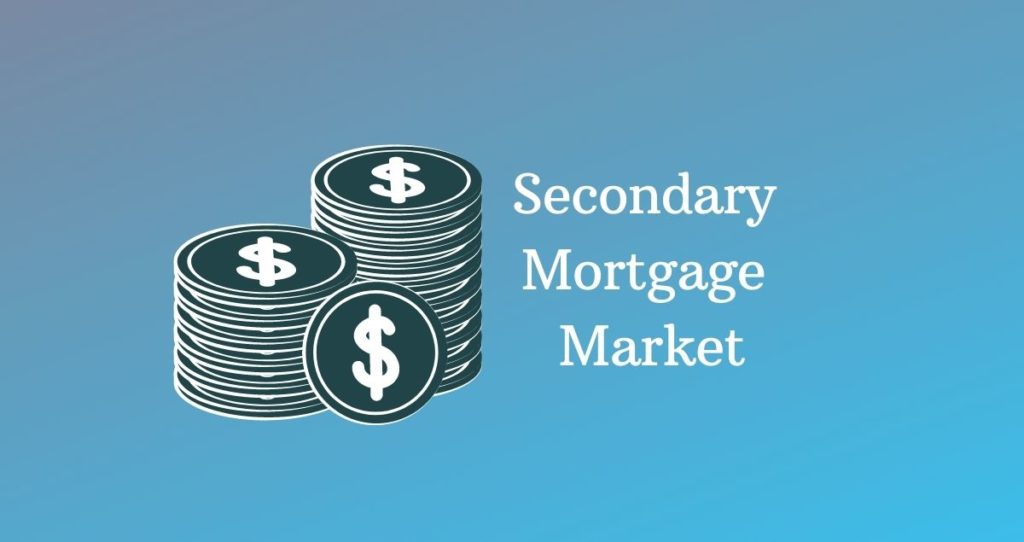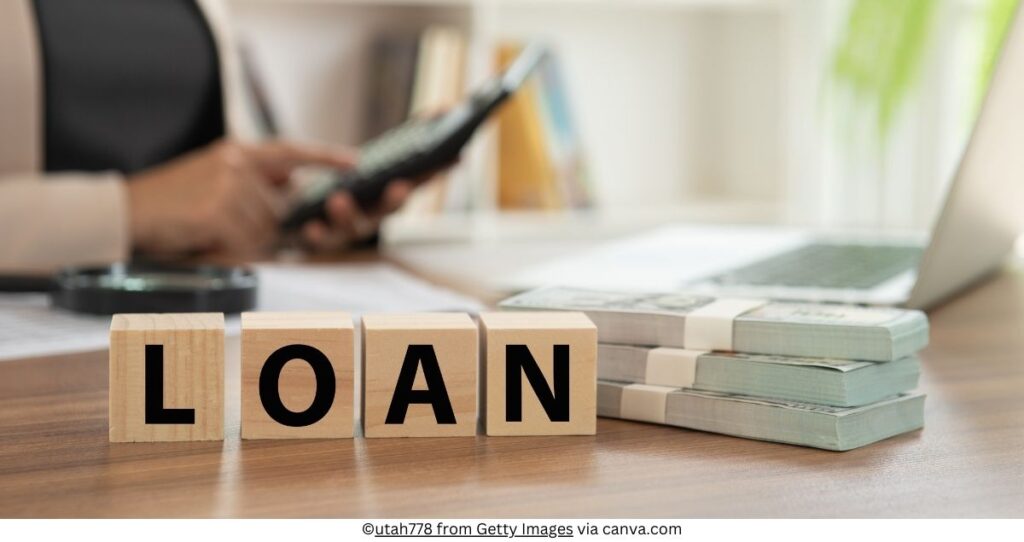Credit cards are some of the worst debts you can carry due to higher APR and minimum monthly payments. In addition, the fact that credit cards do not help you achieve anything substantial makes credit card debts even worse. I learned this lesson the hard way and spent a long time paying off my credit card debts. The good news is that you can easily pay off your credit card debts following the same strategy that I used. You have probably maximized your credit cards just like I did and your score has been sliding for a while. Having too many credit card balances makes it harder to pay off your credit card debt.
The good news is that credit card debt can be paid off and I will walk you through my personal experience with credit card debt in this article. Four years ago, my score was very bad. It took me a lot of savings, discipline, and financial restructuring in order to pay it off. In this article, I will elaborate on tips and techniques I have used to pay off my credit card debt and improve my credit score.
Note: This article is based on a personal experience.
Without further ado, let’s get started.
1. Understanding and acknowledging my card debts
When I applied for a credit card, I did not know what I was getting myself into. I did not know the real benefits or consequences of using credit cards. I even learned about credit scores a year after I got my first credit card. A friend of mine asked me if I knew my credit score and I asked him what it means.
I was naïve and did not care about anything related to my cards or scores. Whenever I had financial problems, the first thing that came to my mind was using my credit cards. I heavily used my cards when I was not supposed to use them.
When real financial problems started showing up, my cards were already 70% used up. my only choice was to use them more and I ended up going over my credit limit. I also got into a negative on my card’s utilization. Yup! I used up all my credit lines and kept going.
I was over $150 above my total credit limit on some of my cards. If you are new to the credit card world, the total credit line means the maximum amount of money your credit card provider allows you to use.
For example, if your credit line is $1000, it means you can spend up to $1000. You must pay the money back during your billing cycle. In my case, I used more than $150 above that maximum value!
Was it a good idea?
What happened next, you ask? The immediate effect of my recklessness started to emerge. The interest payments on each card were in hundreds of dollars. That is a lot of money to pay on top of the principal that I used for shopping and paying for school.
It was around that time I was thinking about getting more credit cards to help me pay off my bills. So, I went to a bank and the bank denied me a new credit card. I asked why. The answer was that my credit score was not good.
When I got home, I checked my score and I had 560 with a caption that said, “Very Poor”. At this time, I started learning about credit scores in depth. I realized that having a bad score was a bad idea for my financial stability. I asked myself if companies will ever give me a loan if they can’t give me a credit card. This was a time for action.
Related article: Factors on which credit score is based on
2. I broke down my card debts and how each one of them was affecting my score
My attention shifted from ignoring my credit score to how I could improve it. My first step was understanding how each of my credit card balances was affecting my score.
Related article: 6 factors that can hurt or improve your credit score
I put down how much debt I had on each card, the interest payment, and how long I think it will take me to pay them off. Then, I ranked them from the highest debt with the highest interest charges to the lowest debt with the lowest interest charges.
I think breaking them down helped me understand what I was really dealing with. This was a good beginning for a long and rough journey. I started paying them off randomly and at that time I was a full-time student and working a part-time job.
My credit card debts were built up to a level where paying off the interest rates and minimum monthly requirements was not enough. I paid as much as I could but my debt did not down. Plus, my score kept plummeting.
3. I started putting more money on cards with more debts
After realizing that I will never be able to pay off my credit card debts, I changed my strategy. Paying too much interest on money that I did not use productively did not make any sense. I turned my attention to reducing interest charges.
This meant putting a lot of money on cards with the most debts. By reducing my debt, I started seeing my interest charges going down together with my minimum requirements. This was a breakthrough. I put over 80% of my payment toward cards with more debts.
In the end, my main target was to improve my score. My score was not moving up at all. Maybe increasing by 10-20 points. With a lot of frustration, it was time to improve my strategy.
4. Paid only minimum payments on cards with less debt
Even if I was putting more money on cards with the highest debts, I was not making progress. I decided to ignore cards with the smallest debts. I only paid the minim monthly payment required for them.
At first, I realized that there was nothing wrong with this method. Just pay the minimum payment on cards with low debt and focus your attention on the ones with more debt.
After a while, I started realizing that the debt on cards with the lowest debt was increasing. I learned that the interest applied to each card that I did not pay was being compounded. This was a bad thing.
I was reducing debt and interest on high-debt cards while building it on low-debt cards. So, my score did not improve that much due to this reason. The strategy was good but not good enough. It was time to improve my strategy once more.
5. I got another card with 0% APR on it
One of the reasons my debts and interest charges stayed high was that I was still using my cards for normal purchases. To stop increasing my interest charges; I had to use a card with no interest at all. This way I could reduce the usage of cards with high APRs.
In addition, I knew that having more credit accounts open will help my score in the long run. It was going to be a fight to get another one. Remember, the bank denied me a card because of my low score. I started shopping around and luckily, I found one with a $500 credit line limit. By having another card, I could improve my score. Having more credit lines meant more debt to my account if I did not behave. I played it smart.
After getting my new card, my credit score lost a few points in the short term. This is because my credit age was affected by the new card. In the long term, I was good. The new card had 0% APR which means that I could use that money and pay no interest for a year.
The new card helped me reduce the usage of cards with high APRs. My score improved slowly. I knew I could not achieve my goal at that speed. My payments were not enough to reduce my debt. This was the main reason my score never increased as fast as I wished. Time to improve the strategy!
6. Got a 2nd job to help pay down my debt
It was clear to me that my biggest setback was low monthly payments. Obviously, the solution was to pay more but I did not have it. I landed another part-time job and everything I was making was going directly to paying off my credit card debts. I saw the real difference in my credit score after getting that second job.
Now I was making more money and could afford more payments. So, I tweaked the formula a little bit. I started paying off the interest charges, minimum payment, and a little bit of the principal for every card. I still allocated more capital to cards with the highest debt.
7. Stopped using my cards but kept them open
I purposefully stopped using all cards with APRs on them no matter how small. With this method, I made sure that my debt was going down as planned. This technique helped me a lot. My score got into the 600’s and I celebrated. I used to check my credit karma account every week to see if something has changed.
I stayed disciplined with my methods and it worked slowly. My score went from very poor to needing work. At this point, I knew I could do it. My next mission was how to improve my score faster which landed me in the next step.
8. Lived within my means
My next mission was to cut down my expenses to allocate more funds for my payments. I started buying great values and generic brands. This helped me cut off some of my grocery and related shopping expenses. I cut my utility bills by using only what I needed. Every penny I saved was going toward paying off my credit card debt.
9. I was very patient
One of the greatest reasons I was able to achieve my goal was patience. I knew that I was fighting a very long battle that was winnable with the patient. Doing what I had to was the best way to approach the problem. I set my mind to the task and was aware that I could do it if I paid it off a little bit at a time. I think you can do the same if you are fighting the same battle.
10. I had a lot of discipline
Another important attribute is my disciple to stay on my course. It was a rough journey and could have been lost if I did not have discipline. I fought through the pain and kept reminding myself that it is doable and that once it is done, I will never worry about it again. This positivity kept me going.
Take away from my method
I continued using my method and slow by slow things turned around. The key was paying more money on cards that I had more debts on. At the same time, I made sure that I was paying off the minimum monthly payments, interest charges, and a little bit on the principle of cards with low debts.
This strategy reduced credit card debt and interest charges on cards with the highest debts. At the same, it prevented compounding interest on cards with lower debts.
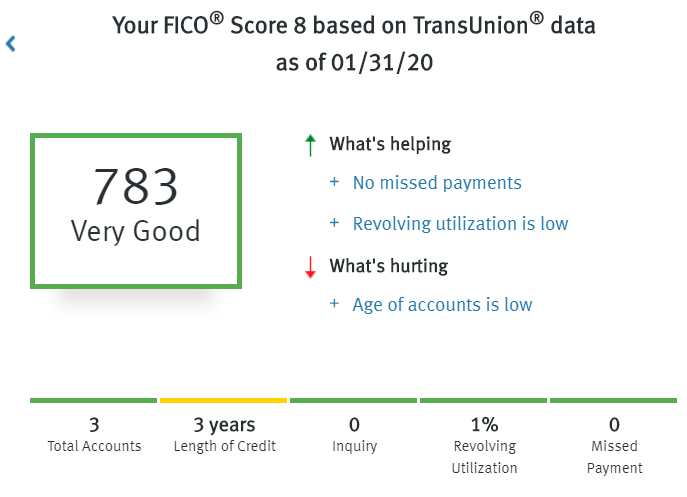
Over a period of one year, my credit score climbed from a very bad status to excellent. Are you fighting the same battle? Be patient, have a lot of discipline, design a strategy, and make sure you stick to it. You can improve your strategy as time and conditions change as I did. But do not give up at all. You can also apply my strategy if you see it useful.
Other strategies I never used that work for some people
Next, we are going to look at other methods that I never used but could have worked if I applied them.
1. Credit Card Debt consolidation
This is a great strategy. Basically, instead of fighting with minimum payments, interest charges, and my principal payments, I could just get a loan and pay them off at once. This loan is also called a personal loan. The benefits of a personal loan are attributed to possible low-interest charges.
As we know it, credit cards have one of the highest interest charges compared to other types of loans. By refinancing my credit card debt, I could have been able to reduce my interest charges from let’s say 15% to 10%. This is a huge interest reduction in the world of money.
The downside is that I now have a loan. My loan would come with a fixed time to pay it off. If I fail to pay it off during the designated time, I would face loan violation penalties. The only reason I did not use this method, is that I knew that by working hard I could be able to pay off.
2. Bankruptcy
Here it the last option that I never thought of using and I would never recommend it to anyone. Unless you have no other choice, this should not be a path to take. Whether you file for chapter 7 or chapter 13, there is no easy way out. You must find alternatives to paying off your credit card debt.
Not only do you go through a lot of financial hustles with attorneys, surrendering all or some of your assets, but this process also leaves a scar on your financial world.
Keep in mind that by the time everything is finalized, you could have spent more money than you owed on your credit card debt. It all comes down to what proper steps you want to take and how much pain you are willing to endure.
What is next?
Can you withdraw money from a credit card?
How to avoid interest on a credit card?
